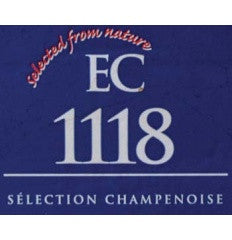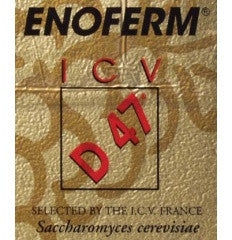Munich Wheat Beer Dry Yeast
Wheat beers are among the most popular beer styles in the world, and now you can brew great wheat beer styles reliably & conveniently with premium Munich Wheat Beer yeast from Danstar.
Danstar Munich Wheat Beer yeast originated in Bavaria, Germany, the home of many of the world’s great wheat beer breweries. The propagation and drying processes for Munich yeast has been specifically designed to deliver high quality brewing yeast that can be used to produce wheat beers of the finest quality.
No colours, preservatives or other unnatural substances have been used in its preparation. Like all our Danstar products, Munich is produced in ISO 9002 certified plants and is non-GM & gluten-free . Munich yeast is available in 11 gram vacuum-sealed sachets and 500 gram vacuum-sealed packages. Bulk volumes are available for commercial use on request.
Microbiological Properties:
• Classified as Saccharomyces cerevisiae.
• A top fermenting yeast.
• The typical analysis of Munich active dried yeast: Percent solids 93%–95% Living yeast cells 5 x 109 per gram of dry yeast Wild yeast < 1 per 106 yeast cells (Lysine method)* Bacteria < 1 per 106 yeast cells*
• Finished product is released to the market only after passing a rigorous series of tests. *According to ASBC and EBC methods of analysis.
Brewing Properties:
• Quick start and vigorous fermentation, which can be completed in 4 days above 17°C.
• Medium to high attenuation.
• Fermentation rate, fermentation time and degree of attenuation are dependent on inoculation density, yeast handling, fermentation temperature and the nutritional quality of the wort.
• Munich is a non flocculent strain. In classic open fermentation vessels, the yeast can be skimmed off the top. Some settling can be promoted by cooling and use of fining agents and isinglass.
• Aroma is estery to both palate and nose with typical banana notes. Does not display malodours when properly handled. Munich yeast has found widespread use in the production of German Weizen and Hefeweizen.
• Munich yeast is best used at traditional ale temperatures after rehydration in the recommended manner.
We Also Recommend


